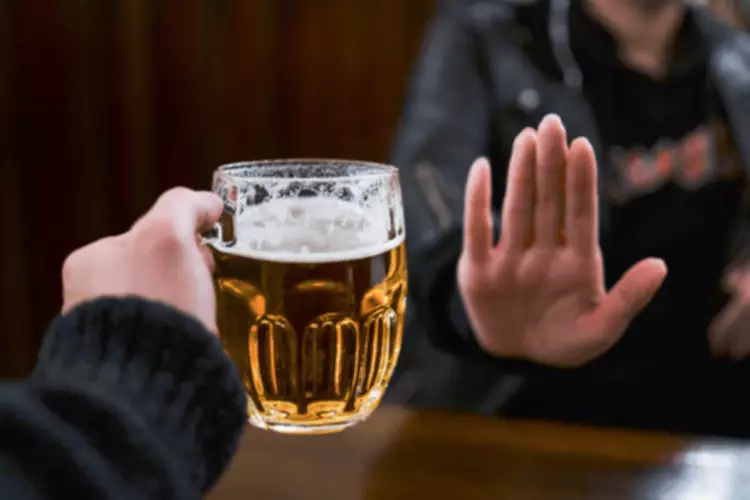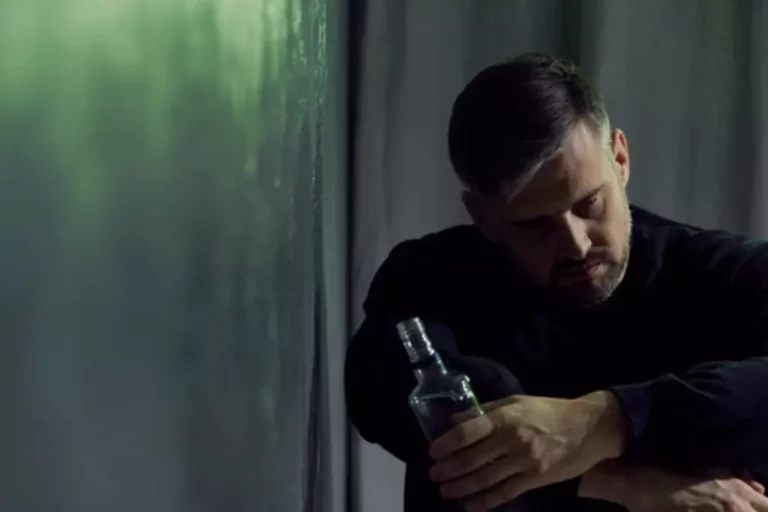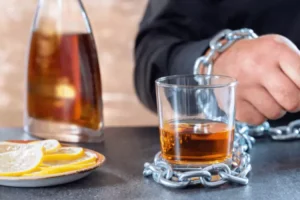
The three-step road map outlined in the NIAAA Alcohol Treatment Navigator offers expert guidance to focus and support your efforts. Learn how to find higher quality, science-backed alcohol treatment to raise your changes for success. Brief Interventions are short, one-on-one or small-group counseling sessions that are time limited.

Tips for success in alcohol recovery
Make sure you have someone with you if you decide to use again. Around 40% to 60% of people working to overcome a substance use disorder will relapse at some point. However, it is important to recognize that this rate is comparable to relapse rates for other chronic health conditions such as hypertension and asthma.
Types of Behavioral Treatments
- The more people you can turn to for encouragement, guidance, and a listening ear, the better your chances for recovery.
- Some people may feel so “broken” that they almost feel they can no longer experience joy and confidence, or have healthy relationships again.
- It is better to set a goal that you will actually achieve than to plan to quit “cold turkey” and end up relapsing, which can be more dangerous than simply continuing without any changes.
- You may have lost touch with old friends and loved ones, and changing your behavior may make it difficult to spend time around people who are still using substances or engaging in certain behaviors.
- Friends can be vital sources of support on the bad days.
But just because you’re a high-functioning alcoholic doesn’t mean you’re not putting yourself or others in danger. Substance abuse experts make a distinction between alcohol abuse and alcoholism (also called alcohol dependence). Unlike alcoholics, alcohol abusers have some ability to set limits on their drinking. However, their alcohol use is still self-destructive and dangerous to themselves or others.
- Whether you have a problem with illegal or prescription drugs, addiction treatment should be customized to your unique situation.
- Acceptance- and mindfulness-based interventions increase awareness and acceptance of present-moment experiences.
- Sustained remission is applied when, after 12 months or more, a substance is no longer used and no longer produces negative life consequences.
- Combining therapy with support groups can greatly improve your odds of success.
- You can ask your healthcare professional to recommend a support group, or search for one yourself using the resources at the bottom of this article.
Don’t become codependent

Sober living homes provide a safe, supportive place to live while you’re recovering from drug addiction. They are a good option if you don’t have a stable home or a drug-free living environment. It’s important that you find a program that feels right. Long-term follow-up can help to prevent relapse and maintain sobriety.
What counts as heavy, moderate, and binge drinking?
Lifestyle changes, behavioral therapy, medications, and mutual support groups may all play a role in your treatment, but it is important to find the approach that works best for your needs. Focusing on finding rewarding, healthy strategies that support your long-term https://ecosoberhouse.com/ recovery. Your relationships and friendships are likely to change as you overcome your addiction. However, it can also take time and effort for trust to be re-established if you have hurt friends or family while you were actively involved in your addiction.
Professional Associations of Medical and Nonmedical Addiction Specialists
Residential treatment or “rehab” facilities provide intensive treatment for alcohol abuse or addiction. Your loved one resides at a special facility struggling with alcohol addiction for 30 to 90 days and receives treatments such as detox, therapy, and medication. Don’t expect your loved one to overcome a drinking problem alone.
What is the outlook for alcoholism?

Don’t force the issue if you’ve already approached the issue several times. Hopefully, they will be open to change after some time has passed, or after multiple people have commented on their drinking. Relapse is a common part of the recovery process from drug addiction. While relapse is frustrating and discouraging, it can be an opportunity to learn from your mistakes, identify additional triggers, and correct your treatment course. When experiencing a craving, many people have a tendency to remember only the positive effects of the drug and forget the negative consequences. Therefore, you may find it helpful to remind yourself that you really won’t feel better if you use and that you stand to lose a lot.

Types of Treatment
- Call your sponsor, talk to your therapist, go to a meeting, or schedule an appointment with your doctor.
- It’s important to acknowledge your ambivalence about stopping drinking.
- 12-step facilitation therapy is an engagement strategy used in counseling sessions to increase an individual’s active involvement in 12-step-based mutual-support groups.
- Patients can and do drink while taking naltrexone, but it is less pleasurable, and they also take Naltrexone to prevent or decrease anticipated likely drinking events.
- Understanding the available treatment options—from behavioral therapies and medications to mutual-support groups—is the first step.
- If you need help with alcohol use disorder and aren’t sure where to start, consider calling the SAMHSA National Helpline.
